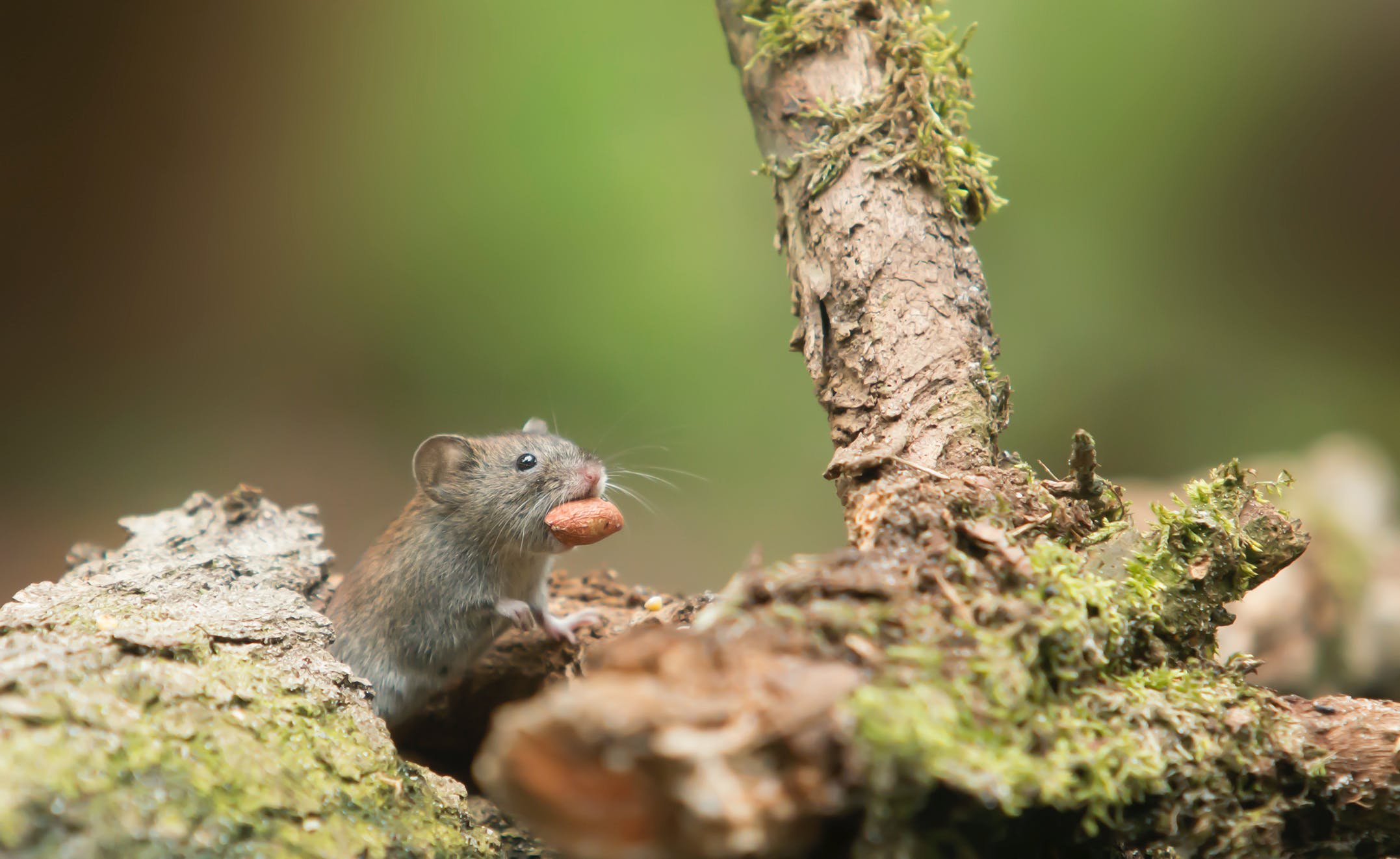
Table of Contents
Uninvited mice in your house? Mice are notorious for their stealthy presence and rapid multiplication. Let’s shed light on these curious creatures and answer your burning questions.
Why Do I Have Mice in My House?
Shelter, warmth, and food are the primary motivators for mice. Your house, with its cozy nooks and crannies, readily provides all three. Easy access to food scraps, pet food, or even crumbs can entice these furry intruders to seek refuge in your abode.
Is 4 Mice an Infestation?
Yes, four mice are considered an infestation. Mice breed quickly, producing up to 6 litters per year with an average of 5-6 pups per litter. Early intervention is critical to prevent a small problem from escalating quickly.
How Far Can Mice Smell?
Equipped with an incredible sense of smell, mice can detect scents from up to 0.8 miles away. This keen olfactory ability helps them locate food sources and navigate their surroundings with remarkable precision.
Is It Bad to See Mice in Your House?
Spotting a single mouse is a red flag. These rodents can carry diseases like hantavirus and salmonella, contaminate food sources, and potentially damage your property through gnawing. Immediate action is crucial to protect your health and belongings.
How Many Mice Are in Your House If You See One?
Seeing one mouse likely indicates the presence of others. Mice are social creatures and rarely travel alone. Where you spot one, others might be hiding nearby, forming a larger colony unseen.
Does Mice Mean Rats?
Mice and rats belong to the same rodent family but are distinct species. Mice are smaller, with a pointed snout and slender tail, while rats are larger, with a blunter snout and thicker tail. If you’re unsure about the identity of your uninvited guests, professional pest identification is recommended.
Why Are Mice So Bad This Year?
Mouse populations can fluctuate significantly depending on various factors. Climate changes, food availability, and breeding conditions can all influence population size. Consulting with pest control experts can provide more specific insights into regional trends and potential causes.
Will Mice Leave If No Food?
While reducing access to food sources discourages mice, it’s not a guaranteed solution.** Mice are resourceful and can survive on minimal food scraps or even pet waste. A comprehensive removal strategy encompassing various methods is necessary to address the issue effectively.
How Do I Find a Mouse Nest?
Mice prefer to build their nests in secluded, dark areas. Look for suspicious activity in wall voids, attics, crawl spaces, and other hidden corners. Follow the trail of droppings and gnaw marks, which serve as telltale signs of their presence.
Will Mice Go Near Sleeping Humans?
Mice generally avoid direct contact with humans, particularly when they’re asleep. However, they may venture near sleeping areas if enticed by food sources. Addressing the root cause of their presence is crucial to ensure their absence near your sleeping quarters.
More Information

Conclusion
Understanding the behavior and habits of mice empowers you to take proactive measures against these unwelcome guests. If you suspect a mouse infestation, take swift action to prevent the situation from escalating. Consult with Pest Asset pest control services for tailored solutions and effective removal strategies. By taking control, you can reclaim your home and restore peace of mind.




